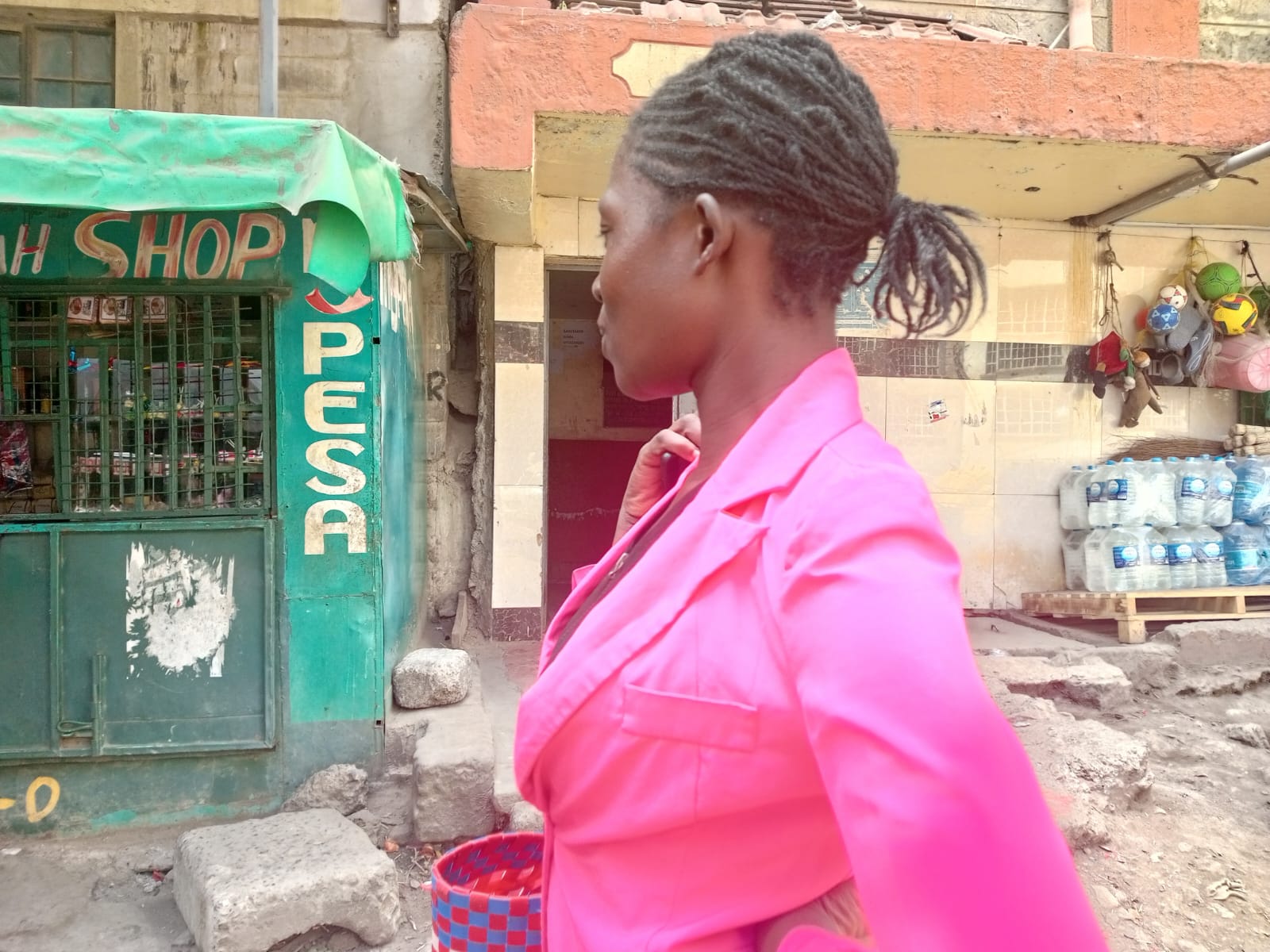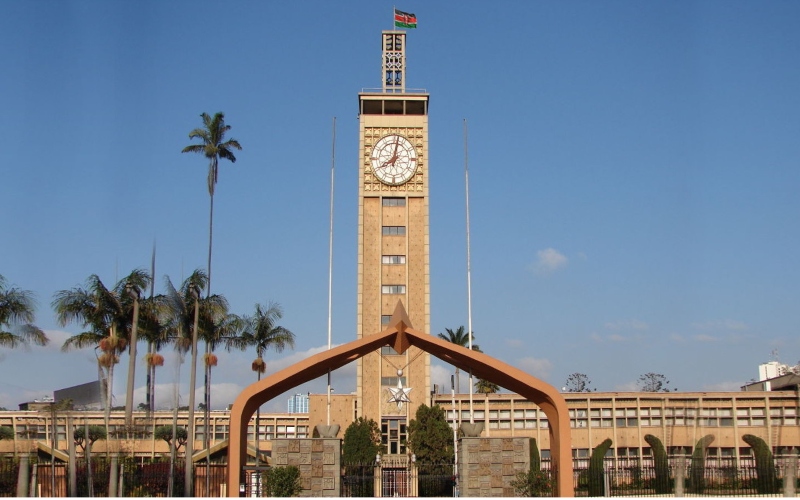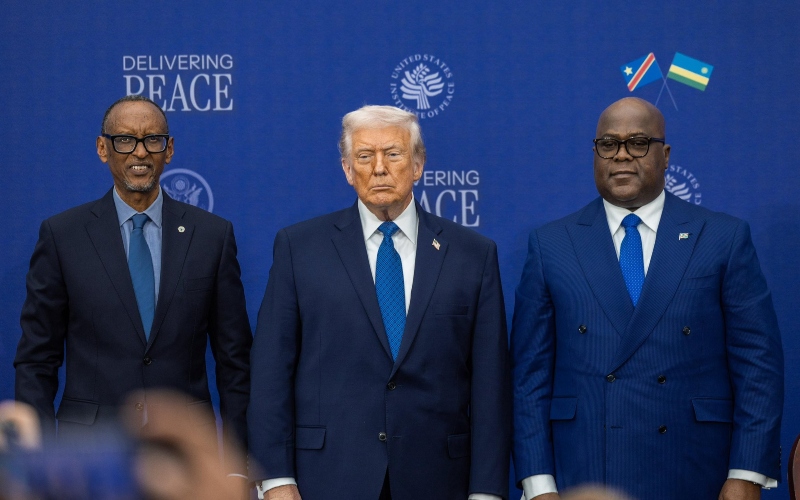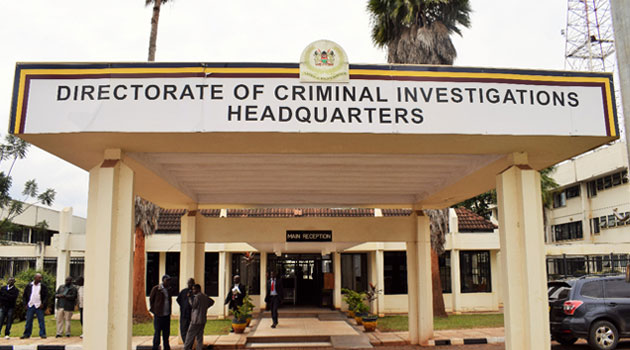Health budget falling short of Abuja Declaration and impact, UHC Healthcare

Community health promoters (CHPs) have also been dealt a major blow after their budget was slashed by Sh1.4 billion.
The Abuja Declaration, adopted in 2001 by African Union member states, recommends that at least 15 per cent of a country's annual national budget be allocated to the health sector. This commitment was intended to strengthen healthcare systems and improve access to quality health services across Africa.
However, many countries—including Kenya—have consistently fallen short of this target. In the 2025/2026 fiscal year, the Kenyan Treasury has proposed an allocation of Sh138.1 billion to the health sector against a total national budget of Sh4.29 trillion. This represents only about 3.22 per cent of the total budget, well below the 15 per cent Abuja target.
More To Read
- PSC extends deployment of 1,400 former NHIF staff at SHA for third time
- Ruto defends health reforms, cites 27 million Kenyans registered under new coverage
- Africa faces a growing stroke epidemic, urgently needs its own locally adapted care guidelines
- Governors, Ministry of Health, resolve to verify all UHC staff before transfers
- Governors to hold emergency meeting over UHC staff and e-Procurement standoff
- Ministry of Health clears 7,414 UHC workers for government payroll as 215 ghost staff removed
Kenya’s new health budget signals a worrying shift. While some sectors gain, critical areas like Universal Health Coverage (UHC) staff and Community Health Promoters (CHPs) face cuts and misses. The slashed CHP budget threatens grassroots care, and key UHC components remain unfunded, raising doubts about the government's commitment to accessible healthcare.
This comes despite Treasury Cabinet Secretary John Mbadi announcing Sh6.2 billion for the management and coordination of the Universal Health Coverage (UHC) program during Thursday’s budget reading.
Meanwhile, the 8,571 healthcare workers who were deployed to the COVID-19 frontline five years ago have been allocated only Sh1.1 billion in the 2025/2026 budget—far below the Sh4.2 billion requested to hire them on permanent and pensionable terms. These workers, who have been staging demonstrations, are demanding fair compensation and permanent, pensionable positions in recognition of their service.
Community health promoters (CHPs) have also been dealt a major blow after their budget was slashed by Sh1.4 billion, dropping from Sh4.6 billion last fiscal year to Sh3.2 billion in the new proposal.
Elizabeth Onsombe, a community health promoter in Nairobi, is concerned that the proposed budget cuts could seriously impact the work they have been doing. She had hoped for a stipend increase reflecting the demanding nature of their role, but after the recent budget announcement, that hope now feels distant.
"I'm not sure how these cuts will affect us, but I hope things will be okay. We've already faced many challenges, like delayed salaries and a lack of essential tools. We just hope this won't further hinder our work," she shared.
Onsombe highlights that their team is already stretched thin and hopes the government will prioritise them by providing more stable opportunities and better support despite the proposed reductions in funding.
Thursday’s budget reading caught many Kenyans off guard due to protests. With much attention focused on the demonstrations, most people only caught glimpses of the proceedings. However, a spot check by the Eastleigh Voice revealed that many Kenyans remain hopeful for economic growth and improved living conditions, with healthcare ranked among their top priorities.
Anne Oluoch from Kiambiu, who frequently visits the public dispensary but often faces medication shortages, hopes the situation will improve so she can access the medicines she and her children need. Despite efforts for public participation, she admits she does not fully understand the budget details or how it will affect her.
She hopes the government will include the Social Health Authority (SHA) in the budget to ease their struggles and make healthcare more accessible, as she currently does not know how the health budget impacts her.
She points out that while funding large hospitals is important, many people depend on local dispensaries, and when these are under-resourced, the community suffers.
“If we’re not clearly informed about how the budget will affect us, many of us are walking blind, just doing whatever it takes to survive. But we remain hopeful for better social health assistance that provides accessible healthcare without burdening us,” she said.
Mary Khalivisa from Eastleigh recalls Thursday as a day marked by protests; the events left many questions unanswered, especially about the recent budget. She is uncertain whether the budget represents progress or decline, or if there will be any meaningful economic growth. While she doesn’t have all the details, what remains clear to her is that a budget has been set, but what truly matters is how it will affect everyday people like her.
Her primary concern is her family’s healthcare, with shortages of medication and vaccines at the core. They rely heavily on public health facilities for diagnosis and treatment, but often these services are inconsistent or under-resourced. When primary healthcare falls short, they turn to local chemists, purchasing medicines out of pocket. This constant financial strain weighs heavily on her family’s well-being and stability. Mary hopes that this year’s budget will bring tangible improvements, especially in healthcare access and affordability, so her family and others in her community won’t have to struggle as much.
 Anne Oluoch a resident of Kiambiu notes that primary helath care should be prioritized and medication should be available, (Photo: Charity Kilei)
Anne Oluoch a resident of Kiambiu notes that primary helath care should be prioritized and medication should be available, (Photo: Charity Kilei)
“We are barely surviving; we buy everything and rely on over-the-counter medicines, which isn’t always enough. If the economy improves, we can find better ways to make a living and support our families. But without that growth and support, it just becomes more of a burden every day.”
Appearing before the National Assembly’s Health Committee in May, Health Cabinet Secretary Adan Duale and Public Health Principal Secretary Mary Muthoni urged MPs to increase funding to support preventive and promotive healthcare and implement recent health reforms.
Priority programs now at risk include the recruitment and stipends for over 5,400 medical interns, remuneration for 107,831 Community Health Promoters (CHPs), and operational costs for new health agencies. The Ministry is seeking an extra Sh 3.65 billion to fully support interns, in addition to the Sh4.02 billion already allocated. It is also requesting KSh 150 million for CHP administration and monitoring, and Sh 250 million to operationalise the newly established State Department. Only 4.3 billion was allocated to interns.
CS Duale warned that the success of Kenya’s health transformation depends on fully resourced institutions, cautioning that without adequate funding, reforms risk remaining “good policies on paper.”
Several presidential directives may stall due to budget constraints, including the rollout of Primary Health Care Networks across all 315 sub-counties and the hiring of additional lecturers at KMTC.
Over the past five years, Kenya's healthcare budget has experienced both growth and sharp contractions. In the 2020/2021 fiscal year, the health sector was allocated Sh121.09 billion, up from Sh111.7 billion the previous year. This upward trend continued into 2021/2022, with Sh 146.8 billion allocated—a reflection of the heightened health needs during the COVID-19 pandemic. However, starting in 2022/2023, the budget was cut to Sh 141.2 billion, and by 2023/2024 it had dropped further to Sh 127 billion. The 2024/2025 allocation remained at Sh 127 billion, marking a sustained period of underfunding relative to the sector's expanding needs.
Programs targeting HIV, malaria, tuberculosis, and maternal health have suffered from these financial constraints. Procurement of essential medicines and medical equipment has faced delays, and healthcare worker absenteeism, exacerbated by poor working conditions and late salaries, has cost the system millions of dollars annually.
Most of the population—estimated to be between 70 and 80 per cent—depends primarily on public health facilities for their medical needs. These facilities, which include dispensaries and health centres, serve as the first point of contact, especially in rural areas and low-income urban neighbourhoods. Primary healthcare plays a crucial role in providing essential services such as immunisations, maternal and child health care, treatment for common illnesses, and health education.
Despite their importance, many dispensaries are often under-resourced and understaffed, resulting in medication shortages and delays in service delivery. This situation places a heavy burden on both the communities they serve and on larger hospitals, which become overcrowded as a result.
According to the World Health Organisation (WHO), approximately 55% of the global population lacks access to essential health services. This means that over 4 billion people worldwide do not have reliable access to primary healthcare services, including immunisations, maternal and child healthcare, treatment for common illnesses, and health education. The situation is even more critical in low-income countries, where only one in five people has access to basic healthcare services.
Top Stories Today












































